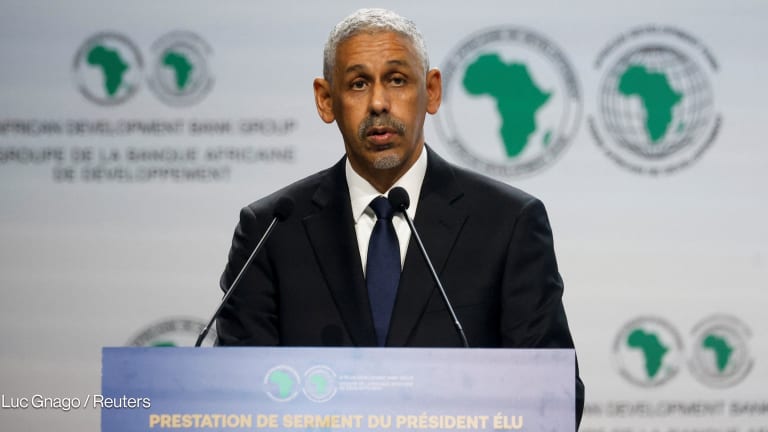Last week, more than 3,000 delegates gathered in Nairobi for the African Development Bank’s 59th annual meeting. Though global financial architecture reforms took center stage, African countries were also urged to look within to manage their debt.
As of last year, three countries in Africa had defaulted on their debt repayments and close to half of the assessed countries on the continent were at risk of falling into debt distress, where they struggle to make payments on their debts, in part, due to high interest rates.
Africa’s debt is 1.9% of the total global debt as of 2023. However, most of this debt is held in foreign currencies exposing it to exchange rate fluctuations. Most African countries also have poor credit ratings, which means it is more expensive to borrow money from capital markets and they face higher interest rates.








